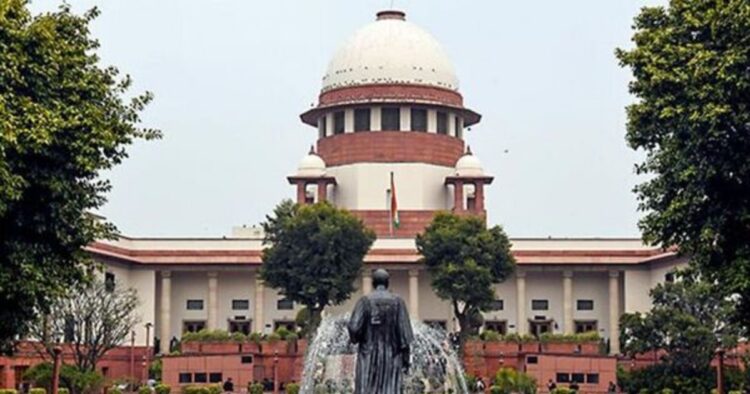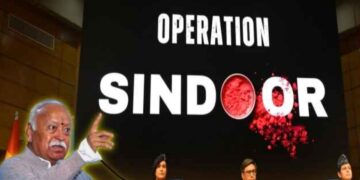The Supreme Court on Wednesday refused to urgently hear the parole application of gangster-turned-politician Arun Gawli. The court emphasized that while convicts have the right to seek early release, society also has the right to live peacefully. Gawli is serving a life sentence for the 2007 murder of Shiv Sena corporator Kamlakar Jamsandekar.
A bench of Justices Surya Kant and Dipankar Datta acknowledged the rights of prisoners and their past leniency but stated that Gawli’s case requires thorough consideration. They decided not to grant interim relief and preferred to resolve the appeal directly. They stressed fairness to both Gawli and the state.
Gawli’s lawyer, Senior Advocate Nitya Ramakrishnan, argued that her client, who is 72 years old, has been released on parole 15 times and suffers from a severe breathing disorder. She referred to a 2006 policy that allows remission for prisoners over 65 who have served at least 14 years in jail.
However, the bench highlighted the need to consider the factual situation carefully, noting Gawli’s notorious reputation. Senior Advocate Raja Thakre, representing Maharashtra, pointed out that Gawli has 46 cases against him and was sentenced to life imprisonment under the Maharashtra Control of Organised Crime Act (MCOCA) in 2012. He stated that MCOCA convicts must serve 40 years before being considered for early release according to a 2010 policy.
The court questioned whether Gawli had committed any recent offenses, to which Thakre responded that Gawli still poses a threat as he leads an extortion racket. The court pondered how society could determine if Gawli had reformed, suggesting that the authorities might investigate his current activities.
Previously, the Bombay High Court’s Nagpur bench ordered Gawli’s premature release based on the 2006 policy, despite the state arguing that revised 2015 guidelines excluded MCOCA convicts. The state also argued that Gawli was ineligible for remission under the 2006 policy as he turned 65 in 2018.
During the Supreme Court hearing, Gawli’s legal team referenced Section 432 of the Code of Criminal Procedure, which allows the state to issue special orders for old and infirm prisoners. The Supreme Court noted that even under this provision, convicts must serve half of their sentence, and the 2010 policy requires 40 years for MCOCA convicts.
ALSO READ: “Supreme Court Grants Bail To TMC’s Anubrata Mondal In CBI’s Cattle Smuggling Case”
The court observed the complexities between various policies, rules, and orders, indicating the need for a comprehensive resolution. They plan to address the appeal in depth during a hearing in November.
Gawli, founder of the Akhil Bharatiya Sena and a former Maharashtra assembly member, cited his age and a medical report indicating he suffers from Chronic Obstructive Pulmonary Disorder (COPD) requiring regular medical attention. However, the court remarked that his mental faculties were intact and that COPD could be managed with antibiotics.
The Supreme Court will consider the legal questions surrounding Gawli’s case in their next session, scheduled for November.

















Comments